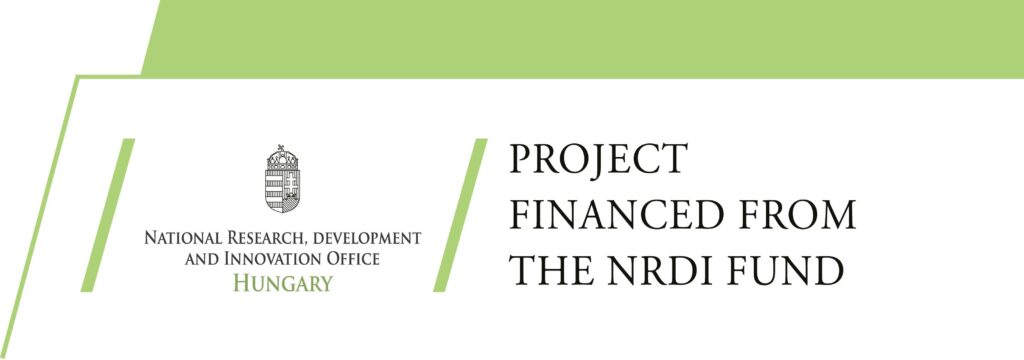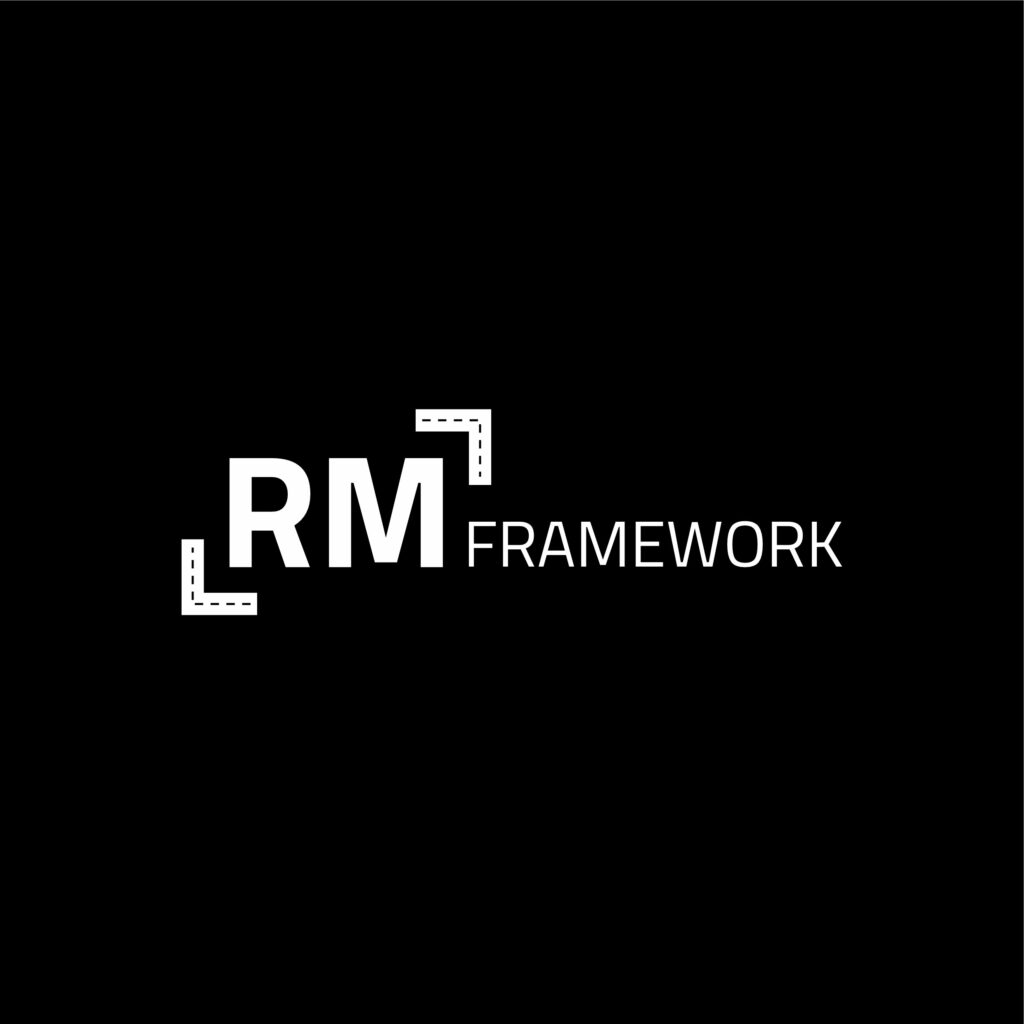Research, Publications
The Cold War Research Center
The Cold War History Research Center (Center) was established in December 1998, following a pioneering civic initiative, as the first scholarly institution founded as a non-profit organization in East Central Europe. The Center was founded with the aim of continuing within a new, independent institutional framework the international research that had been coordinated for several years by the international research section of the 1956 Institute in Budapest.
Since January of 1999 the Center, an NGO, has been functioning as an independent legal entity as a foundation.One of the main goals of the Center is to provide research of Cold War history in Hungary with an organizational framework and material conditions that make it possible for Hungarian research to be on the cutting edge of the international Cold War history research and to help Hungarian research be integrated with the international level of scholarship.The Center continues the intensive cooperation that developed between the the 1956 Institute and the network of international Cold War history research coordinated by the Woodrow Wilson Center’s Cold War International History Project (CWIHP) and the National Security Archive (NSA) in Washington D.C. since the early nineteen-nineties.
Thus, from the time of its establishment the Center has been contributing to the flourishing of the “new Cold War history” aimed at transforming the previous one-sided approach based primarily on Western sources, finally into a real international discipline through the systematic exploration of the once top secret documents found in the archives in the former Soviet Union and the Eastern Bloc countries.
International Linkages of Economic and Public Health Security
The Department of International Studies is calling for paper abstracts to be submitted by February 21, 2020 for a conference on “International Linkages of Economic and Public Health Security” with a view to inspiring an interdisciplinary discussion on the subject between participants from various different disciplines (including and especially International Relations, Political Science, Sociology, Health Sciences and Climatology).The conference is to be held on April 9, 2020.
Papers are to cover a wide range of topics related to the subject of the conference, with international linkages of economic and public health security in the focus. Some examples, to illustrate the diversity of contributions we are expecting, and by no means to exhaust the conceivable possibilities:
- Implications of economic recession for international security
- Toxic linkages: The mechanisms behind the emergence and spread of economic crises
- The public health implications of climate change and processes of migration
- International political determinants of public health
- Current challenges to Universal Health Coverage
- Emerging diseases and international cooperation
- The political economy of neglected diseases
Abstracts on the above or other, similarly interesting subjects should be sent by the above deadline (February 21, 2020) to Chief Organizer Péter Marton, Ph.D. at peter.marton@uni-corvinus.hu. Interested scholars and students are also welcome to contact Dr. Marton with any questions they may have related to the planned conference. The occasion of the conference will serve to herald the publication of the print edition of the Palgrave Encyclopedia of Global Security Studies (ed. by Péter Marton, Scott Romaniuk and Manish Thapa — a forthcoming publication). One of the aims of the conference is to assemble a journal special issue for publication (details to be announced later on). The deadline for the submission of articles will be April 17 (that is, one week after the conference).
The conference is connected to a research project co-sponsored by the European Union, Hungary and the European Social Fund in the framework of the EFOP-3.6.3-VEKOP-16-2017-00007 project (titled „Tehetségből fiatal kutató – A kutatói életpályát támogató tevékenységek a felsőoktatásban”
FoRMAtion Erasmus+ project
RM Framework Horizon Europe
RM Framework (project funded by Horizon Europe and the NRDI Fund)
The RM FRAMEWORK project aims to support the development of an European qualification system for research management (RM), enhancing interoperability and improving RM within the European Research Area (ERA). The Framework is designed to guide policy makers, training and networking providers in empowering individual research managers through standardised professional development programmes. By offering a common framework yet maintaining a flexible approach, the project acknowledges the local and national differences across Europe and aims to develop training that raises awareness, improves quality, and supports sustainable RM careers.
This initiative involves 16 organisations from ten countries (Belgium, Czechia, France, Germany, Hungary, Italy, Poland, Portugal, Romania and Spain), supported by an extensive network of European and national RM organisations. Coordination is ensured by EARMA, the European Association of Research Managers and Administrators.
The Corvinus University of Budapest will participate in the project by adapting and pilot testing its research management courses at three levels (undergraduate, master’s and executive programme) to the framework developed in the project and by contributing to the development of
the quality label scheme. The project will start on February 1, 2025, with a duration of 24 months. The implementation is supported by the Institute of Global Studies, the Institute for Enterprise and Innovation, the Centre for Educational Quality Development and Methodology and the Centre for Grant and Project Management.
Project website: (will be available later)
Project no. 2020-2.1.1-ED-2024-00345 has been implemented with the support provided by the Ministry of Culture and Innovation of Hungary from the National Research, Development and Innovation Fund, financed under the 2020-2.1.1-ED funding scheme.



Publications
Grotius
Grotius is the online journal of the Department of International Relations and the International Relations Multidisciplinary Doctoral School. Besides an individual paper series, we publish longer texts in both e-book and printed formats.
Contact information:
Address: 1093 Budapest, Közraktár street 4-6, C. 501.
E-mail: szerk@grotius.hu
Tel: +3614828237
Fax: +3614827255
Corvinus Journal of International Affairs · COJOURN
Corvinus Journal of International Affairs · COJOURN: A multidisciplinary journal of international affairs
ISSN 2498-5570
Available at: cojourn.blogspot.hu
Editor-in-Chief Dr. Péter MARTON
Chairman of the Editorial Board Dr. László CSICSMANN
Editorial Board Members As of February 2016:
Dr. László CSICSMANN, Dr. Zsolt ROSTOVÁNYI, Dr. Ágnes KEMENSZKY, Dr. Tamás MOLNÁR, Dr. Péter MARTON, Dr. Zoltán GÁLIK, Dr. Éva IGNÁTH, Dr. Csaba BÉKÉS
New members, as of April 2016:
Dr. Mary H. DURFEE, Dr. Christian ROSSI, Scott ROMANIUK, Tamás MATURA, Dr. Anna PÉCZELI , Balázs SÁRVÁRI, Dr. András TÉTÉNYI
New member, as of December 2016: Dr. Melinda KALMÁR
***
Published by Nemzetközi Tanulmányok Tanszék · Department of International Studies, Corvinus University, Budapest, Hungary 1093 Budapest, Közraktár utca 4-6.
Péter Marton: Ethical failures of the COVID-19 Pandemic Response
It is a pleasure to announce a recent publication, from the end of 2022, by a member of our faculty, Dr. Péter Marton, offering comprehensive criticism of the decisionmaking involved in the global response to the COVID-19 pandemic. The author is happy to respond to interview and other requests at peter.marton@uni-corvinus.hu.
More information about the book on the link!
